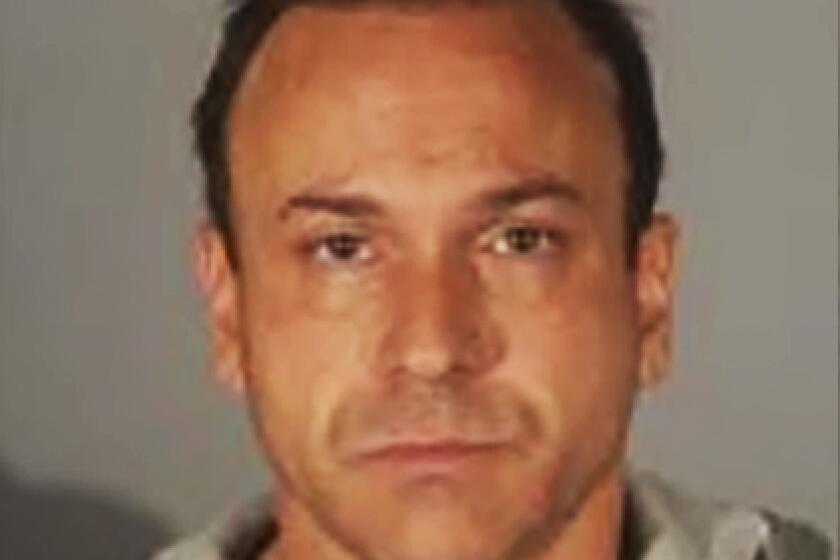Courts May Tolerate ‘Harmless’ Errors
Mistakes can happen, even during a trial. Some are worse than others and require immediate action, like dismissing the charges against a criminal defendant. But other mistakes can be forgiven by a court. In the language of the law, they are called “harmless” errors.
If a court of appeal finds that an error during trial is harmless, then the verdict stands. But if the error is not harmless--if it is a so-called reversible error--then the verdict will be set aside.
Under California law, an error is serious enough to warrant a reversal if it causes “a miscarriage of justice.” In other words, if an appellate court finds that a different decision would have been reached if there had been no error, then the decision should be overturned. But in a criminal case, even if the court concludes that a convicted defendant was guilty, the conviction still must be reversed if the error deprived the defendant of a fundamental constitutional right, like the right to a fair trial.
The way this legal doctrine works in practice can be seen in a recent Court of Appeal case in Colusa County.
Jimmy Oliver was convicted of rape. During the deliberations, the jurors wanted to rehear his testimony. The prosecution and the defense agreed that the court reporter who transcribed Oliver’s testimony should go into the jury room and read the testimony.
The jurors were told by the judge that they could not ask the court reporter any questions. She came back three hours later, but Oliver’s testimony in court had lasted only 80 minutes. It seems the jurors interrupted the court reporter by discussing the passages she read while she was still in the jury room. She didn’t comment on their deliberations, although she was asked if she wanted water or coffee.
It was definitely a mistake to have the court reporter in the jury room during any of the jury deliberations. But how serious was the mistake? Was it harmless or reversible error?
Private and secret jury deliberations are an essential part of the right to a jury trial guaranteed by the state and federal constitutions. The jury should make its decision “free from all outside intrusions and extraneous influences or intimidations,” the court noted.
The court couldn’t find a precedent with precisely the same facts, although there were some cases with similarities. In one case, a court ruled that it was a harmless error when a doctor and a bailiff were called into the jury room to examine a juror who was intoxicated. That court said it was harmless because the jury was not deliberating at the time.
And the court noted that many cases had been overturned when “juror-Sherlocks eager to unearth the law or facts” did their own investigation and came back to tell their fellow jurors what they found.
The court observed that court reporters who sit calmly transcribing the proceedings are usually “self-effacing.” They have the professional attributes of “invisibility and neutrality” and are perceived to be “absolutely neutral with no interest in the outcome.”
Thus, the presence of a court reporter--unless the person “assumed the mantle of a kibitzer”--was neither intrusive nor disruptive enough to cause prejudice, the court concluded. The error was harmless and the conviction stood.
Legal Brief
In this column two weeks ago, while discussing a promissory note secured by a deed of trust, the trustee was mistakenly described as the holder of the note. In fact, the trustee is a neutral third party, usually a title company, who has the power to sell the property if instructed to do so by the beneficiary (the lender), when the borrower can’t make the loan payments.
More to Read
Sign up for Essential California
The most important California stories and recommendations in your inbox every morning.
You may occasionally receive promotional content from the Los Angeles Times.










